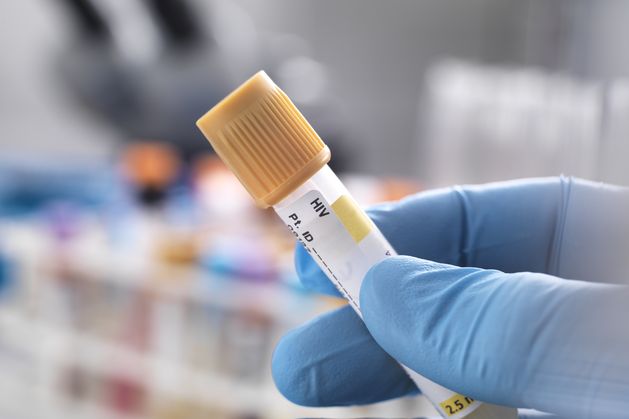Fitness
HIV patients enduring stigma from health staff with refusals to operate and reluctance to take blood samples

They can also be stereotyped as intravenous drug users or “sexually promiscuous”.
The survey of healthcare workers and students from the Royal College of Surgeons of Ireland (RCSI) found three quarters “witnessed stigmatising or prejudiced comments from a colleague about a person living with an infectious disease”.
Those surveyed cited a lack of knowledge among healthcare workers about HIV transmission and risk factors, with just 42pc of healthcare workers and 27pc of healthcare students saying they received education on HIV stigma and discrimination.
The survey came as the college launched a new project aimed at providing education to healthcare professionals and students on HIV stigma and its impact on the patient population.
Both groups reported instances of patients living with HIV being treated differently. These included anecdotes about the refusal to carrying out surgical procedures, reluctance to take blood samples, placing individuals last for procedures and changing an individual’s resuscitation status for patients with HIV.
A nurse commented: “Have had several instances of healthcare providers refusing to perform surgical procedures on patients after they learn their HIV status, being quick to change resuscitation statuses on young patients on which they normally wouldn’t, nursing staff wearing gloves when touching patients, contact precaution signs put on room doors of patients with HIV on wards.”
Healthcare workers show better understanding than students, but what is poorly understood as a treatment is prevention, which refers to the taking of HIV medication to prevent sexual transmission of the infection.
Some 45pc of the healthcare workers surveyed say they have completed further training or continuing professional development related to HIV since their qualification. Of those who have not, 68pc say they would if it was available.
Dr Eoghan de Barra, consultant in infectious diseases at Beaumont Hospital and senior lecturer at RCSI, said: “According to the Health Protection Surveillance Centre, there was 68pc marked increase in total number of people diagnosed with HIV in Ireland in 2022.
“This highlights that even with increased effective prevention tools, those working within the health system will encounter more and more people living with HIV, highlighting the importance of ensuring all health care providers, regardless of role, are able to create a stigma-free environment for their patients.”
The college’s RISE (Redefining Institutional Stigma Education) project aims to bridge the gap in stigma education and enhance service providers’ understanding of the barriers to testing, treatment, and prevention by placing those impacted by HIV at the centre of an interactive online learning module.
The online learning module has been designed for healthcare professionals and students to address the challenges created by stigma
Dr Amir K. Bachari, RISE project lead said: “Despite remarkable strides in HIV treatment development and accessibility to antiretroviral therapy, the enduring toll of HIV stigma persists within our communities.”
“The RISE module represents a collaborative effort to empower healthcare professionals with the knowledge and skills necessary to combat stigma effectively. By equipping our healthcare workforce with comprehensive education on HIV stigma, RISE endeavours to foster a more inclusive and compassionate healthcare environment for people living with HIV.”
Speaking at the launch Aoife Cummins, who is a registered nurse and a person living with HIV said that “as a woman living with HIV I think it’s important that our voices are included in the education of healthcare students and workers going forward so we are no longer stigmatised in a setting where we should feel most understood.”










